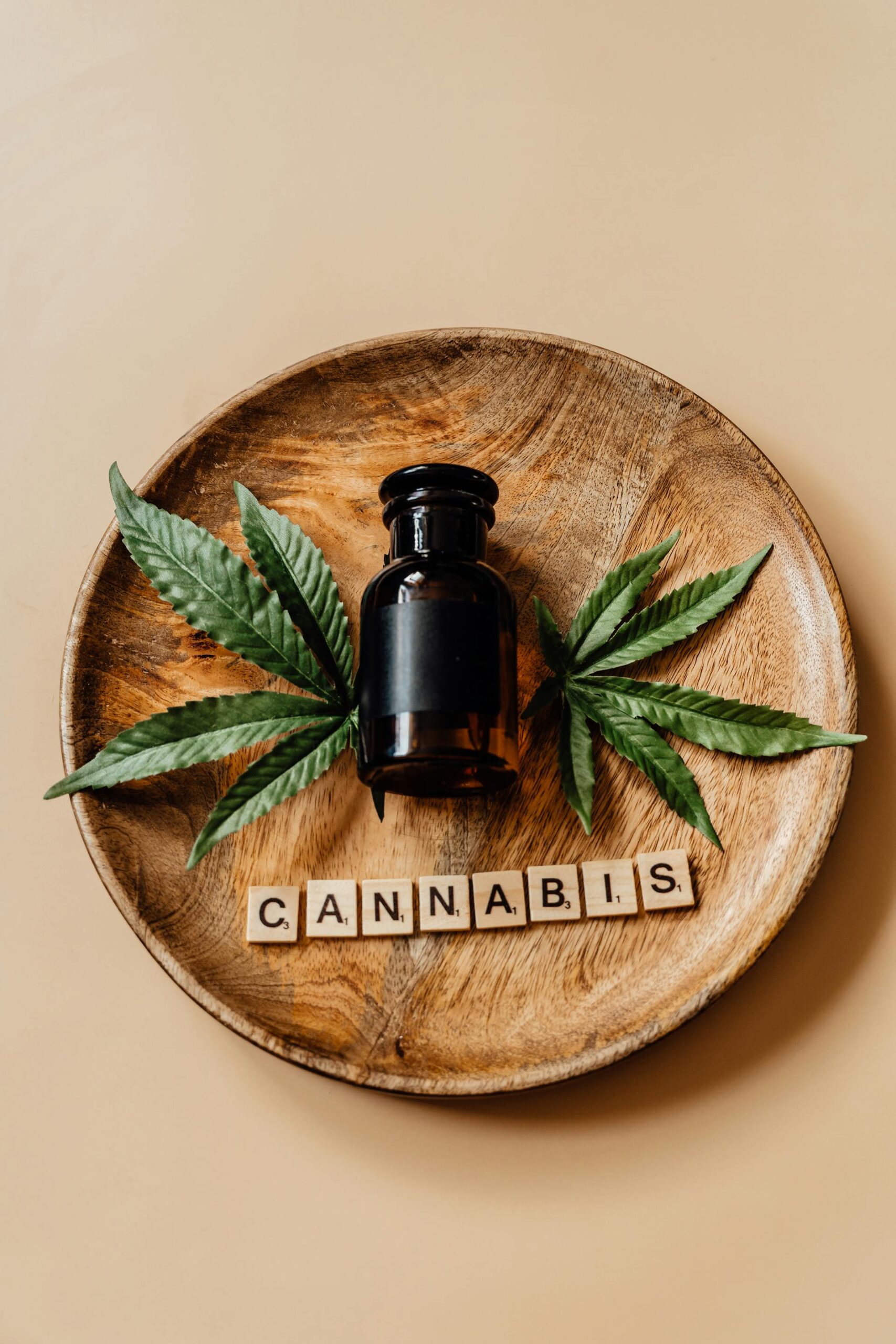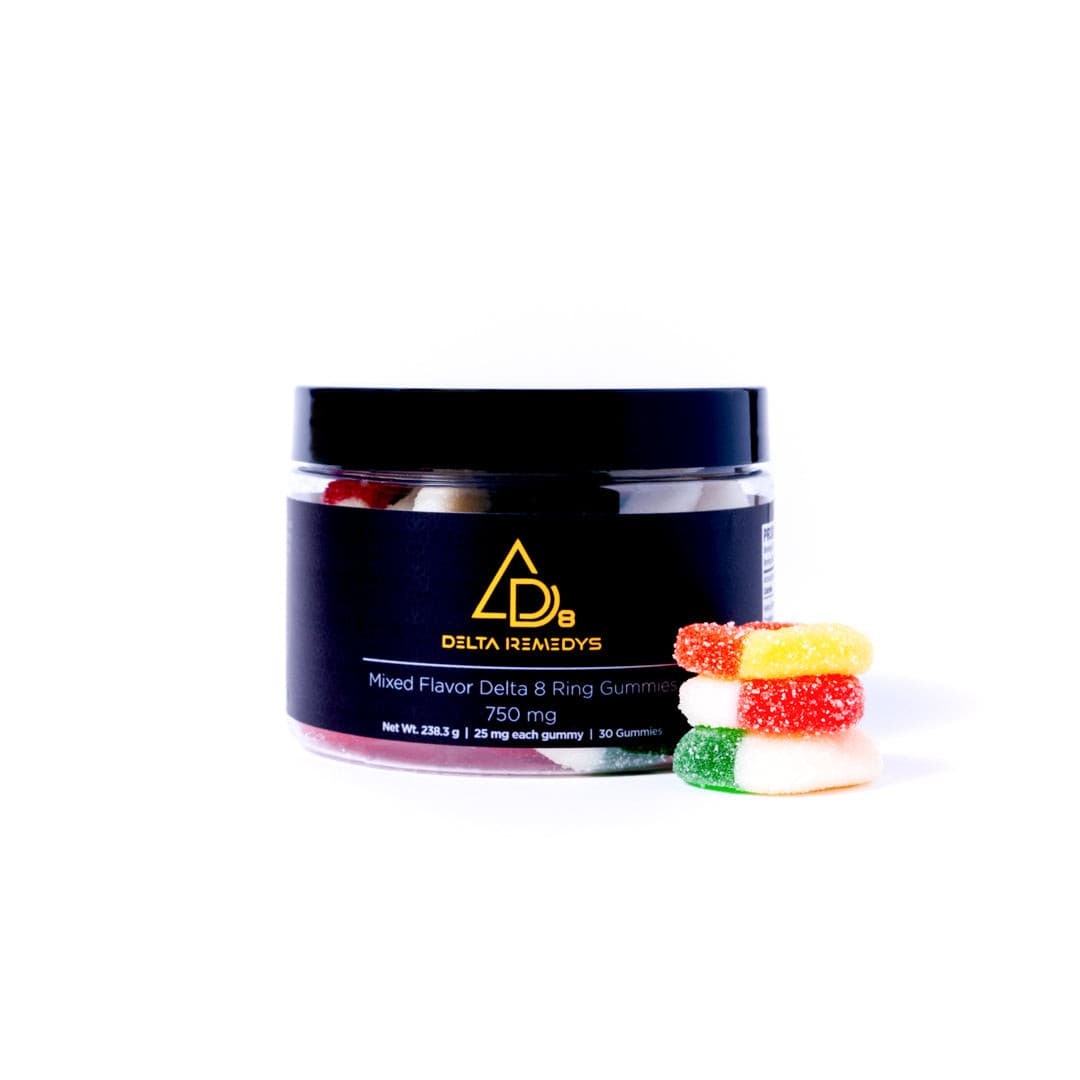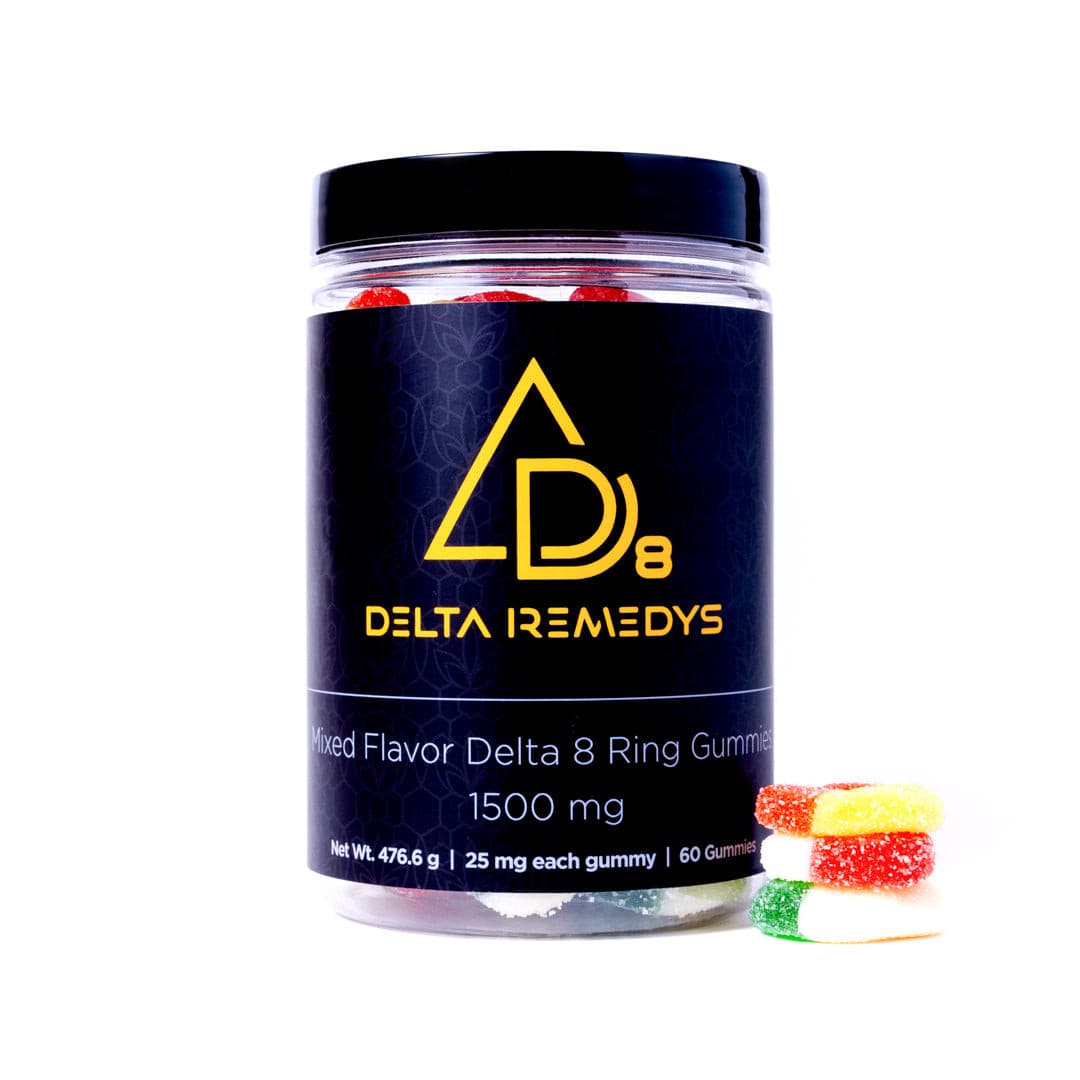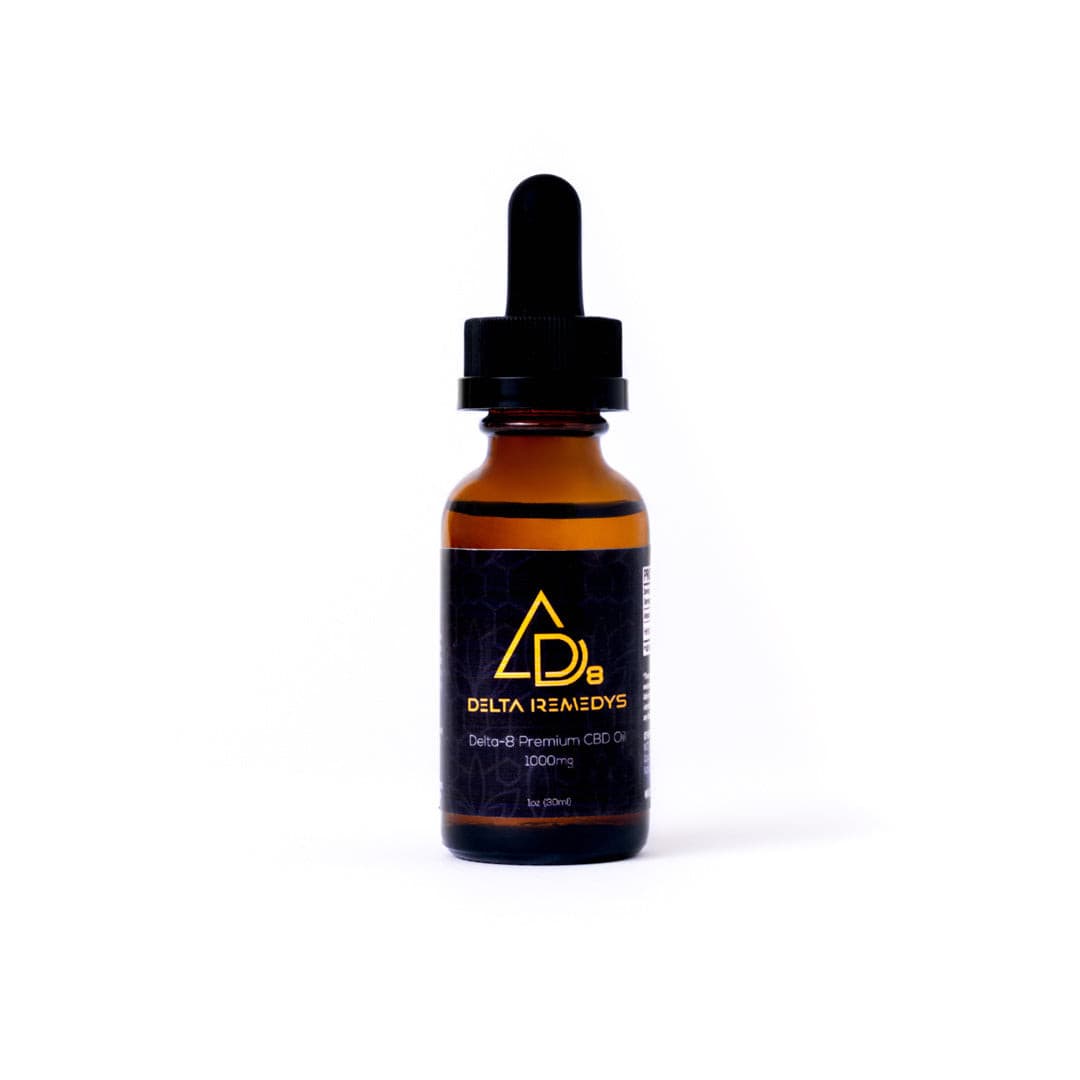The spectrum of cannabinoids is constantly growing, providing consumers with a variety of options that go beyond the famous THC and CBD.
Two cannabinoids that are receiving increasing attention are THC-O and Delta-8. The distinctive qualities of these compounds have attracted attention, but comprehending their peculiarities is essential to making an informed decision about their ingestion.
The synthetic cannabinoid THC-O, also known as THC-O acetate, is quickly becoming popular because of its potent psychoactive effects. Natural cannabinoid Delta-8 THC, on the other hand, is renowned for producing a less intense high than its more powerful relative, Delta-9 THC. Users will have varied experiences with each because of the unique manner in which they interact with the endocannabinoid system in the body.
Manufacturers, lawmakers, and consumers must grasp the differences between THC-O and Delta-8.
This detailed overview will help you learn more about THC-O and Delta-8. We’ll examine how they work, what they’re used for, their pros and cons, and the laws that affect them.
Let’s dive in!
Delta-8 THC – Short Introduction
Among the naturally occurring psychoactive cannabinoids found in the hemp plant is a compound known as delta-8-tetrahydrocannabinol, also known as delta 8 THC or simply delta 8.
The usage of Delta 8 Gummies for therapeutic reasons has become increasingly popular because it provides users with a high without causing many of the potential adverse effects that are associated with Delta 9, such as paranoia and anxiety.
Although Delta 8 is naturally found in hemp, it is artificially manufactured for use in pharmaceuticals and products like Delta 8 tinctures. Delta 8 is only found in extremely minute quantities, so its extraction is not cost-effective.
Instead, it is achieved by combining CBD with an acid that causes the molecules of CBD to rearrange themselves into those of delta 8. After that, the acid is neutralized, and the chemical produced is subjected to additional processing to guarantee its purity and safety.
In addition, the same procedure is utilized to transform delta 8 into THC-O. THC-O has seen a rise in its utilization and appeal ever since researchers discovered how CBD may be converted into delta-8.
THC-O – Short Introduction
The principal psychoactive component that can be found in marijuana plants is called THC, and THC-O, also known as THC-O acetate, is the result of a chemical alteration of THC. THC-O is produced using a method that involves acetic anhydride, which changes THC into a more potent form. This is in contrast to other raw extracts of hemp cannabis.
THC-O products are produced as a result of this procedure, and in comparison to natural THC, they have effects that are greatly amplified. Even though THC-O is not a naturally occurring molecule and is not one of the products that are authorized by the FDA, the cannabis business has shown a significant amount of interest in it due to its exceptionally potent nature and its singular origin.
A chemical reaction is used to produce THC-O. This reaction involves the combination of THC, which is the primary psychoactive component found in cannabis, with acetic anhydride. After going through this process, THC is transformed into THC-O acetate, which is a molecule that is substantially more powerful than THC in terms of HHC vs THC and THCP vs THC potency.
Because precise conditions and the handling of potentially hazardous chemicals are necessary, this synthesis is typically carried out in a laboratory setting. It is believed that the addition of an acetate group, which changes the molecular structure and effects of THC-O, is responsible for the increased potency of THC-O in comparison to conventional THC.
Delta-8 vs THC-O – In-Depth Comparison
As we discussed above, separate chemical procedures are involved in the extraction of Delta 8 THC and THC-O from the cannabis plant. In most cases, a chemical reaction transforms the cannabinoid CBD (cannabidiol) present in hemp plants into the more psychoactive Delta 8 THC.
This procedure is part of chemical research into the potential medicinal or therapeutic applications of cannabinoids. On the other hand, acetic anhydride is used to alter THC, making THC-O (THC-O acetate) a more potent hallucinogenic molecule.
Below are all the significant differences that we can observe in these two compounds:
Effects
To begin with, the most noticeable part is the effects. The euphoric effects of THC-O are well-known, just like our THC Gummies, HHC Gummies, and Delta 10 Gummies. It stands out among cannabinoids because of its impact, which are frequently stronger and longer-lasting than those of Delta 9 THC gummies.
In most cases, those who use it describe intense joy and noticeable shifts in their perception. There are few cases where THC-O can cause hallucinations. The potent effects of THC-O are due to its high bioavailability. Because of this, it is absorbed into the bloodstream strongly, which adds to its potency.
Delta-8 THC, on the other hand, offers a different kind of high. Although not as potent as Delta-9 THC, Delta-8 is lauded for its less intoxicating effects. What makes Delta-8 stand out is its uniqueness.
A “just right” amount of chill is often described by users as a combination of relaxation and a gentler form of exhilaration. For individuals seeking a more relaxed high, this is why Delta 8 THC Gummies are so well-liked. Delta-8 THC is attractive since it usually makes people feel calmer and more pleasurable, with less chance of feeling agitated or paranoid.
Availability
THC-O is not very common in terms of market availability. The two primary causes of this restriction are the intricacy of its production method and the absence of clear legal guidelines.
Creating THC-O usually involves a complex chemical procedure that requires a great deal of skill and knowledge, as well as the ability to negotiate a complex legal landscape deftly.
So, you might have a hard time finding THC-O elsewhere other than in a small number of dispensaries or on a few websites. Customers have a hard time locating consistent, high-quality THC-O items because of its restricted availability.
Since there isn’t much of it, getting your hands on THC-O can be a bit of a challenge for buyers and sellers alike.
However, Delta-8 THC is more widely available in the form of edibles and tinctures. It’s available in a variety of formats to suit different tastes. Picture all those tasty treats – from enticing ice cream cones and cookies to delicious candy. Additionally, tinctures and vape cartridges are available to suit various consumption routes.
Any number of clinics or internet vendors should have this extensive selection of Delta-8 items. Why is this availability so common? The legal status of Delta-8 THC is a contributing factor, as it is more lenient in many places than THC-O. The fact that it is becoming more popular also contributes, and now you can even take Delta 8 on a plane or fly with Delta 8 on a few airlines with favorable laws about the substance.
Delta-8 THC is in high demand and may be found in the market since consumers are looking for a calmer alternative to Delta-9 THC. For individuals curious about cannabinoids, this ease of access makes Delta-8 THC a more approachable option.
Conformity with Laws
The matter is complicated from a legal standpoint. The legal situation is entirely complex, beginning with THC-O. Its legal standing changes drastically from one jurisdiction to another.
Because of its synthetic composition and strong effects, THC-O is considered a restricted substance in many areas. But in other places, it’s still unchecked and kind of floats around in legal limbo.
The fact that its legal status varies across different locations highlights the significance of businesses and customers being knowledgeable about the local rules and regulations pertaining to THC-O.
The legal issues surrounding delta-8 THC in different types of edibles are distinct from those surrounding other forms of the compound. Its legal status often reflects the regional legal status of hemp and cannabis as a whole.
Delta-8 THC is often lawful in states that have legalized cannabis. For example, our Delta-8 goods have a significant reach; they are currently available in 35 states. It is essential to be informed about the constantly changing legal landscape, as this availability shows that Delta-8 THC is somewhat more accepted.
Strength and Security
Now, let’s shed some light on safety and potency. Due to a lack of comprehensive research, the safety profile of THC-O is not well understood. Concerns about overdosing and negative consequences, particularly among users without experience, arise from its tremendous strength.
The possibility of dangerous impurities or byproducts in the production process is another concern brought up by the synthetic nature of THC-O. You can better understand the synthetic nature of cannabinoids by reading our blog, “ is delta 9 real weed.”
Because it occurs naturally and has less intense effects than THC-O, delta-8 THC is thought of as a safer alternative. But, like any cannabinoid, it can have adverse side effects, mainly when used in large quantities or by those with specific medical issues. To maintain product safety and uniformity, the production of Delta-8 also necessitates stringent regulation.
Implications for Public Health
Talking politely and informatively about health risks and legal constraints is vital when discussing THC, especially THC-O vs Delta 8.
Due to their distinct effects, THC-O and Delta 8 have gained popularity, but users should be mindful of the hazards they pose to their health. The lack of rigorous testing for THC-O and Delta 8 compared to FDA-approved goods is concerning and could lead to adverse effects.
Some THC compounds have varying legal statuses depending on how the Drug Enforcement Administration (DEA) labels them.
Some THC-O products may be made in dirty or unregulated conditions with common home chemicals that could be harmful to consumers. Impurities and irregularities in the end product can result from this, which can cause significant health risks.
Suppose you are curious about does delta 8 show up on drug tests. In that case, you should be cognizant that ingesting THC products increases the likelihood of a positive drug test, which may have repercussions in the areas of law and work. Knowing the rules in your region is essential, as the legislation differs from one country and state to another.
Vendors must sell permitted products like weed gummies, Delta 9 gummies, and Delta 9 tinctures, but consumers also have a responsibility to purchase and sell legally. Not all products on the market are safe, so consumers should check if THC-O is legal where they live.
THC-O or Delta 8? Choosing The Better
Whether is “better” ultimately comes down to personal choice and circumstance. When compared to Delta 8, THC-O is often more potent and has more substantial effects. A more moderate intoxication, frequently characterized as calm and focused, is produced by delta 8 THC. Market prices can differ depending on the type and quality of the goods.
The gentler effects of Delta 8 THC may make it a better choice for bedtime. If you’re looking for a pain reliever, either one could work. However, some people might prefer Delta 8 due to its milder psychotropic profile. When seeking guidance from healthcare specialists for pain management or sleep disorders, it is essential always to take personal tolerance into account and consult them.
Take your wants and requirements into account when picking between THC-O and Delta 8. For those who want their weed on the heavier side, THC-O is an excellent option. For individuals new to cannabis or looking for a less intense experience, Delta 8 is a good option due to its gentler, more soothing effects.
Product type and quality determine the pricing. In most cases, the gentler effects of Delta 8 are preferred for dealing with sleeping problems. Both options are useful for alleviating pain, although some people may find that Delta 8’s milder profile works better for them. When seeking individualized guidance from healthcare specialists, it is important to always keep your tolerance in mind.
Because everyone’s tolerance and body chemistry are different, finding the proper dosage of Delta 8 or THC-O can be difficult. Because of its greater potency, THC-O, in particular, necessitates a low starting dose.
For those new to Delta 8, 5-10 mg may be sufficient. With THC-O, it’s best to proceed with care and start with lesser doses. It is essential to wait and evaluate the effects before taking another dose. Exercise extreme caution and always seek the advice of medical experts for advice that is particular to your condition.
Final Thoughts
New cannabinoids like delta-8-THC and THC-O highlight the wide variety of effects that cannabis can have. More studies and changes to the legal landscape will help people make better decisions regarding these novel cannabinoids.
Delving into the worlds of THC-O and Delta-8 THC unveils an impressive example of how little changes in molecular structure can lead to different intoxicating effects. Indulge in profound spiritual discovery with THC-O, a synthetic strain that transports consumers to a more powerful, nearly psychedelic state.
If you’re new to cannabinoids or just want something a little less intense, try Delta-8 THC. It has a gentler euphoria and a clearer mind than other varieties.
Due to their distinct characteristics, THC-O and Delta-8 THC are now being studied and experienced by members of the cannabis community. Both strains reflect the plant’s immense potential and adaptability. To explore these new cannabinoids safely and intelligently, user education and clear regulations are crucial, as their contrasting profiles show.
Which of these two cannabinoids is better depends on your tastes and the results you’re hoping to achieve.
FAQs
Can drug testing detect THC-O and delta-8?
Yes. Most normal 12-panel drug tests will detect both THC-O and delta-8 since they are both types of THC. Choose a broad-spectrum CBD or CBD isolate product over a THC-based one if your job requires frequent drug testing.
Is it safe to combine THC-o with Delta 8?
If you’re utilizing safe, high-quality products and don’t overdo it, taking THC-O and delta-8 together is considered safe from a medical standpoint. On the other hand, we fail to perceive any rationale for combining these cannabinoids. While research has demonstrated synergistic effects between cannabidiol (CBD) and delta 9 tetrahydrocannabinol (THC), no such evidence has been found between THC-O and delta 8.
Is THC-O much stronger than HHC?
Some estimate that THC-O’s potency is two to three times that of regular THC. As an example, THC-O is more potent than HHC (hexahydrocannabinol), another synthetic cannabinoid with variable potency.
What are the benefits of THC-O?
Most people are interested in trying THC-O because of the psychedelic effects it has. An ecstatic and spiritual experience is frequently the desired outcome. Despite the paucity of research, adult consumers who have tried other cannabis products report that THC-O alleviates aches and pains, anxiety, nausea, and depression more effectively than any of the others.
Are there any adverse consequences of THC-O?
The safety and side effects of THC-O have not been adequately studied. Research on CBD and pure marijuana strains is substantially more extensive. There are worries over the chemical processing and synthetic components of THC-O, in addition to its hallucinogenic effects. Be careful with the dosage, as you would with any cannabis product. Particularly with food items having a sweeter flavor, this is the case. Always store alcoholic beverages securely where youngsters cannot get them. Especially those that kids could readily confuse for sweets.
When comparing THC-O and Delta-8, what is the optimal dosage?
The dosage of THC-O and Delta-8 that is acceptable for an individual is contingent upon some factors, including their level of tolerance, their level of experience, and the effects that they are looking for. It is of the utmost importance to adhere to the recommendations that are particular to the product, beginning with low doses and gradually raising them until the appropriate level is reached. Consulting with professionals in the healthcare field can provide individualized advice based on the individual’s specific health issues.
How the human body reacts to THC-O and Delta 8?
Delta 8 and THC-O are effective because they communicate with the endocannabinoid system (ECS), a network of receptors throughout the body that controls various physiological processes, such as inflammation, mood, and sleep. An external source of cannabinoids can provide support for your endocannabinoid system (ECS) and assist it in performing its function more effectively during times of mental or physical suffering.
Compared to THC 9, is THC-O more potent?
Both delta-9 and THC-O provide a powerful high; however, the majority of users report that delta-9 is around three to four times less potent than THC-O. The euphoric high effects that are characteristic of delta-9 are also produced by THC-O. Contrary to delta-9, THC-O has the potential to produce psychedelic effects.
Are tolerance levels increased by THC-O?
Although most are marketed as organic or natural, the production of THC-O frequently involves the use of hazardous substances. These products could result in the development of a tolerance, which requires a greater quantity of these chemicals to have the same effects.
In what way does THC-O make you feel?
A tremendous high, along with sensations of euphoria and relaxation, is what the majority of people who use THC-O describe as their experience. In addition, some users have reported that THC-O generates effects that are psychedelic-like and borderline hallucinatory, which are comparable to the impacts that mushrooms (psilocybin) produce.
In comparison to Delta, what sets THC-O apart?
One synthetic cannabinoid that is quickly becoming popular is THC-O, also known as THC-O acetate. It is famous for its intoxicating solid effects. Natural cannabinoid Delta-8 THC, on the other hand, is renowned for producing a less intense high than its more potent relative, Delta-9 THC.




